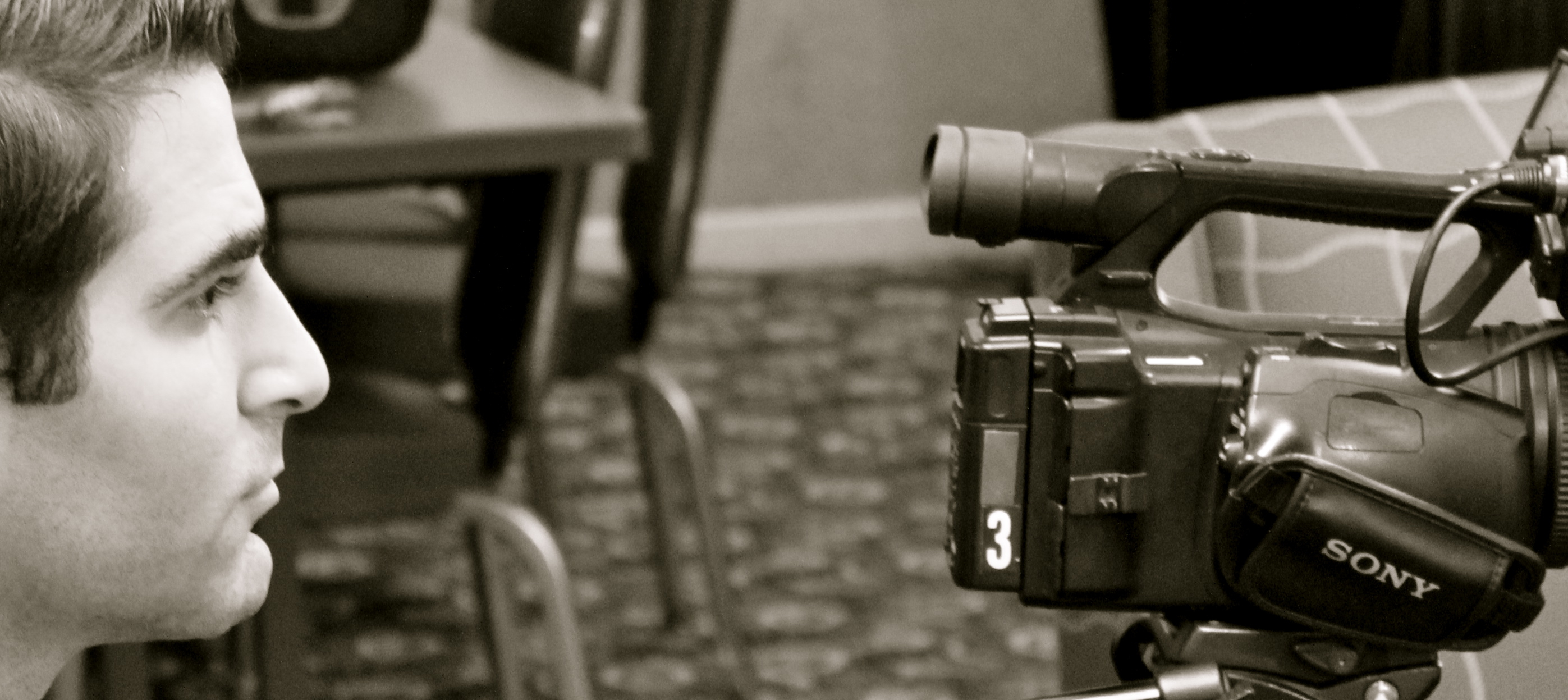The restaurant sat about 40 but was only a third full, and of that number, half were employees or friends of employees. The other half were vacationers, almost all of them couples. The locals presided over the place from a long table toward the back, next to the man at the keyboard. Men and women, children and their parents and grandparents. Some he’d seen singing and dancing the night before, and he had a suspicion that the longer the music played and the more drinks they had, the same would recur.
He sat on the other side of the music man, who wore a black beret over his blacker hair, which fell to the back of his neck. He had a red polo shirt and navy pants, and he sat in a high chair behind his instrument, weaving through songs in English, Italian and Spanish with ease, changing the percussion and tones of the keys as if he’d been doing it since he was a young man, and perhaps he had.
Most of the songs were in Greek, though. The night before, they had all been in Greek, the music man and the locals in duets and trios. Finishing one such song, the music man addressed the crowd for the first time:
“Ladies and gentlemen, that is Greece. And especially Crete.”
The young writer watched him as he played the first few notes of the next tune. Haunting notes, the kind that reverberate within. They made the young writer halt his pen and watch the flicker of the light from the candles in the paper bags on the tables. The tender looks exchanged by the tourist couples. The cars and motorbikes passing outside. The waiters serving plates before sitting back down with their friends as if the customers were interfering with their social lives. The steam from the grill as the balding cook turned the souvlaki.
“On a dark desert highway,” the music man sang, “cool wind in my hair. Warm smell of colitas, rising up through the air.”
The young writer sipped his ouzo and smiled. This was Greece. This was Crete.

